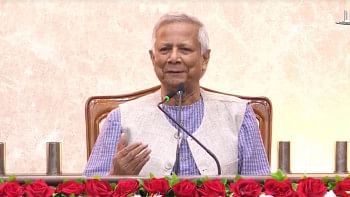Alarming rates of suicidal behaviours among Nepalese MSM: urgent need for tailored support

In a study published in the PLOS Global Public Health journal, focused on the mental health of men who have sex with men (MSM) in Nepal, researchers found alarming rates of suicidal thoughts and actions. Conducted between October and December 2022 with 250 participants, the study uncovered that 42.4% of MSM had experienced thoughts of suicide at some point in their lives. Additionally, 31.2% had made plans, and 21.6% had attempted suicide.
Several factors were identified as contributing to these high rates. MSM with depressive symptoms were at significantly higher risk for suicidal thoughts and planning, while younger MSM were more likely to attempt suicide. Surprisingly, individuals with higher education levels and those experiencing moderate to severe food insecurity also showed increased tendencies towards suicidal behaviours.
The study underscores the urgent need for early detection and tailored interventions to address mental health issues and food insecurity among Nepalese MSM. It emphasises the importance of simultaneously tackling mental health problems and social issues like food insecurity to reduce the prevalence of suicide-related concerns in this community.
These findings shed light on a crucial need for targeted support systems and interventions tailored to the unique challenges faced by MSM in Nepal, aiming to mitigate the high rates of suicidal behaviours observed among this population.

 For all latest news, follow The Daily Star's Google News channel.
For all latest news, follow The Daily Star's Google News channel. 



Comments